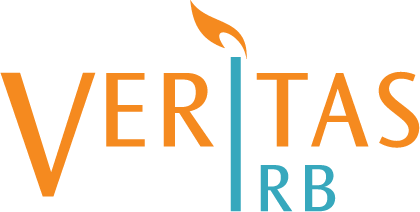– Read our blog post about ‘consent’ and ‘assent’ for more information about this.
The things the researchers tell you about the research study are usually written in the ‘informed consent form’, too. Some of the details that should be in the ‘informed consent form’ are:
-
A description of what you will have to do if you decide to participate.
-
A description of the potential risks of harm or inconveniences of participating;
-
Could the research cause you any pain or sickness, or make you uncomfortable?
-
Could there be any side effects?
-
Could the research make your illness or injury worse, without meaning to.
-
-
A statement that you can stop being in the research whenever you want, for any reason.
-
A statement that you won’t be treated differently if you don’t do the research.
-
A statement that you can ask questions about the research, any time, even after you start.
-
An indication if your personal information (like your name, your address, your age) will be given to anyone other than the research team.
-
Details about any other ways to treat your sickness, pain or disability.
-
Contact phone numbers if you have questions about the research, or about your rights as a research participant.
The research team has to give you a copy of the ‘informed consent form’ after you sign it.

